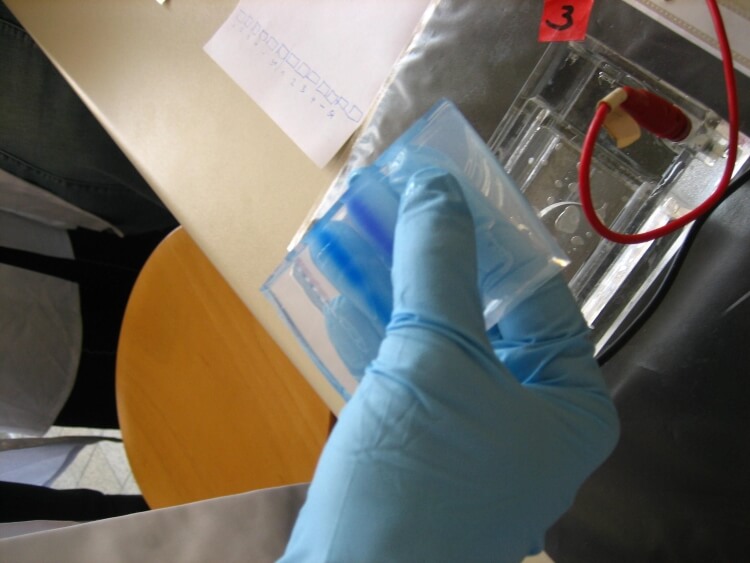3h
Human AMIGO1(Adhesion Molecule With Ig Like Domain Protein 1) ELISA Kit
Human AMIGO1(Adhesion Molecule With Ig Like Domain Protein 1) ELISA Kit
10ng/mL
Sandwich
0.064ng/mL
0.156-10ng/mL
Signal transduction;
ELISA Enzyme-linked immunosorbent assays Code 90320007 SNOMED
ALI2; Alivin-2; Amphoterin-Induced Gene And Open Reading Frame; Amphoterin-induced protein 1
cell adhesion molecules play a role in cell growth and activation and are often identified by WB or ELISA as in the AMIGO1(Adhesion Molecule With Ig Like Domain Protein 1) ELISA Kit.Whole adhesion and interacting molecules are present in lysates used as reference for ELISA quantification of these molecules and their subunits.
E05 478 566 350 170 or Enzyme-Linked Immunosorbent Assays,E05 478 566 350 170 or Enzyme-Linked Immunosorbent Assays,Human proteins, cDNA and human recombinants are used in human reactive ELISA kits and to produce anti-human mono and polyclonal antibodies. Modern humans (Homo sapiens, primarily ssp. Homo sapiens sapiens). Depending on the epitopes used human ELISA kits can be cross reactive to many other species. Mainly analyzed are human serum, plasma, urine, saliva, human cell culture supernatants and biological samples.
The test principle applied in this kit is Sandwich enzyme immunoassay. The microtiter plate provided in this kit has been pre-coated with an antibody specific to Adhesion Molecule With Ig Like Domain Protein 1 (AMIGO1). Standards or samples are then added to the appropriate microtiter plate wells with a biotin-conjugated antibody specific to Adhesion Molecule With Ig Like Domain Protein 1 (AMIGO1). Next, Avidin conjugated to Horseradish Peroxidase (HRP) is added to each microplate well and incubated. After TMB substrate solution is added, only those wells that contain Adhesion Molecule With Ig Like Domain Protein 1 (AMIGO1), biotin-conjugated antibody and enzyme-conjugated Avidin will exhibit a change in color. The enzyme-substrate reaction is terminated by the addition of sulphuric acid solution and the color change is measured spectrophotometrically at a wavelength of 450nm ± 10nm. The concentration of Adhesion Molecule With Ig Like Domain Protein 1 (AMIGO1) in the samples is then determined by comparing the O.D. of the samples to the standard curve.
